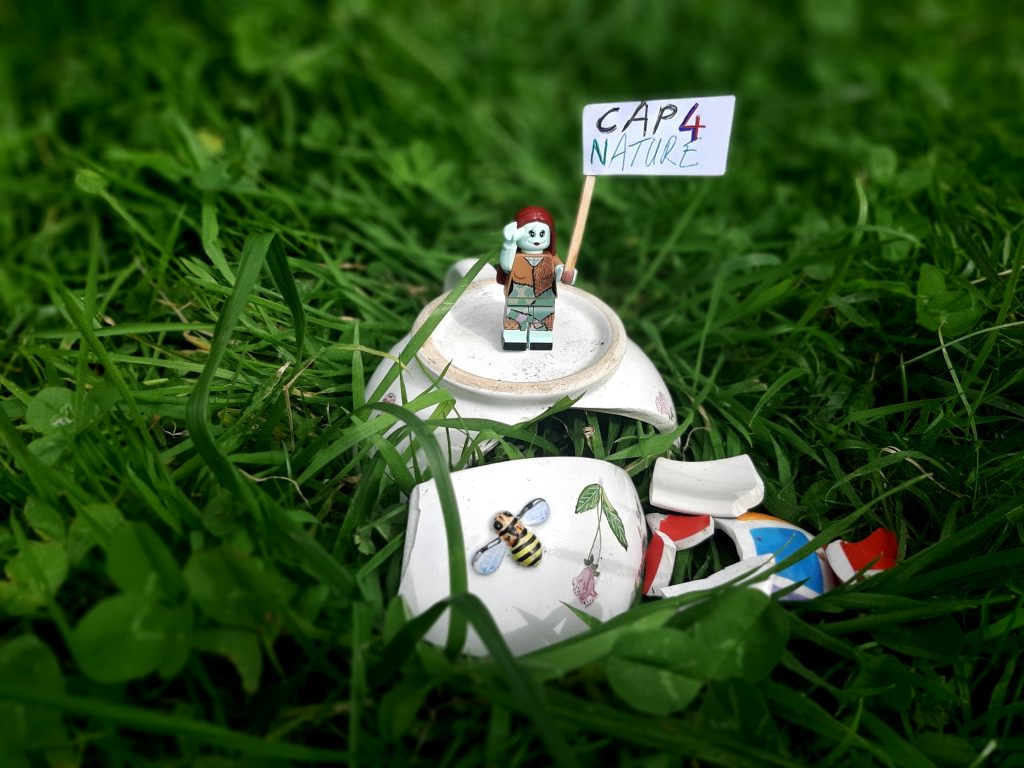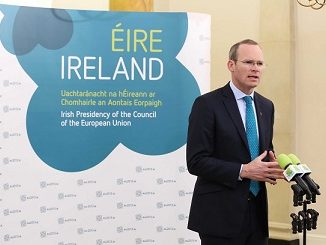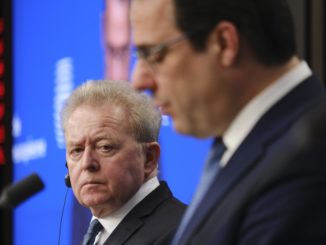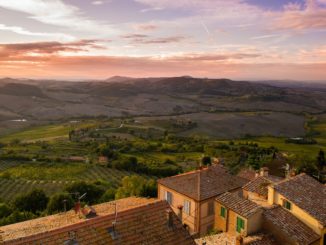
The German presidency of the EU has made some severe proposals to neuter environmental aspects of the upcoming CAP plan. German Agriculture Minister Julia Kloeckner has proposed weakening areas dedicated to nature, taking money from eco-schemes, and potentially protecting CAP from the EU Commission’s flagship EU Green Deal.
The document, dated 3rd September and written for the Council’s Special Committee on Agriculture on 7 September takes aim at three main aspects: areas reserved for nature aka Good Agricultural and Environmental Condition (GAEC) 9; eco-scheme money; the primacy of member state legislation over other considerations.
This comes in advance of a Plenary vote on CAP, scheduled for October, which will shape CAP from 2023-2027.
Less for Nature
Areas reserved for nature have been called ecological focus areas in the previous CAP, and are what’s refereed to in GAEC 9:
- GAEC 9 – Maintenance of non-productive features and areas including a minimum share of agricultural area devoted to non-productive features or areas, retention of landscape features, a ban on cutting hedges and trees during the bird breeding and nesting season, and as an option, measures for avoiding invasive plant species (replaces Ecological Focus Areas).
However the German proposal states that, because some Member States wanted a specific minimum share of productive/nonproductive areas and features across the EU, it proposes the following adjustments:
“the Presidency proposes that the minimum percentage should be increased from 5% (as in the current greening) to [x]% with reference to arable land. As it was strongly required by many Member States, it should be possible to count certain productive uses against the minimum share. For catch crops (and only for those), a weighting factor of 0.3 is proposed. For those Member States who wish to count exclusively non-productive areas and features against the minimum share, a lower minimum share (3%) could be envisaged.””
This obscure language masks the fact that what’s proposed in effect means no set figure – x% – apart from one which is lower -3% for arable. Clearly, neither x% nor 3% are greater than 5%.
It is also the case that there are no conditions on permanent crops or grassland proposed or any other improvements in GAEC9.
In a context of the biodiversity crises, the Biodiversity Strategy points to a need for 10% to be dedicated to this function, called “high-diversity landscape features” in that document.
Dealing the Green Deal a Dodgy Hand
Ominously the last line of annex 1 on the Amendment of Article 106 (Approval of the CAP Strategic Plan) states the following: “The assessment shall exclusively be based on acts with are legally binding on Member States.”
This is crucial because there has been much controversy over how exactly the EU Green deal’s elements – primarily farm to fork and biodiversity strategies – will integrate with CAP. A working document released on the same day as the Strategies used strong language to suggest CAP must take the clearly more ambitious Green Deal into account, and that there was even the possibility that CAP SP’s from member states coudfl be sent back if not ambitious enough.
The specific inclusion of this new statement, coming as it does in the last line of the annex 1, appears to be an effort by a member state to weaken the potential and power of the EU Green Deal to shape policy.
Considering that the EU Green Deal was the Commission’s flagship initiative, and in light of a weakening of its potential with prime minister’s meeting before the Summer break, this represents another potential blow for a transition to more sustainable farming in the EU.
Eco-Schemes…with no money for 2 years
There is also manoeuvre regarding eco-schemes. Because some member states fear under-spend if uptake is low, the German proposal is for “Financial flexibility, especially in an introductory phase” which means “in the first two years (2023 and 2024) ecoscheme funds…can be used for other direct payment interventions.”
There is no indication that these will even be the kinds of interventions that might help farmers begin to prepare for eco-schemes – its simply cited as other direct payment interventions. This will in effect reduce ambition in eco-scheme construction, as member states can put them off until 2025. The upcoming CAP period ends in 2027.
Scrap this CAP? What will Commission do?
This move by the powerful German Presidency now throws the gauntlet down to the Commission. Commissioners Urusla Von Der Leyen and Franz Timmermans described the EU Green Deal as Europe’s “man on the moon” moment. With these three elements – deferred eco scheme money; weakened GAEC 9, and ring fencing the CAP SP process away from EU Green Deal interference – Kloeckner is proposing to stymie any role for agriculture in dealing with biodiversity collapse, climate adaptation and a just transition.
Rumours abound in the EU Parliament that the EPP and S&D group are also planning to weaken conditionality, either via dropping or adjusting GAECs.
With both the Parliament and the Council attempting to scupper environmental progress, the ball is now in the Commission’s count.
The Commission can in fact withdraw its CAP proposal – at any stage, even during trilogue. Considering how out of sync this new Kloeckner proposal is with both the EU Green Deal and the ambition of the CAP, the question is – will the Commission have the bottle to do this?
More
CAP & the Global South: National Strategic Plans – a Step Backwards?
CAP Strategic Plans on Climate, Environment – Ever Decreasing Circles
Climate and environmentally ambitious CAP Strategic Plans: Based on what exactly?
CAP | Billions Spent on Biodiversity with Little Impact – Auditors
Commission’s Dodgy Calculations Improve CAP’s Climate Impact
Show Me The Numbers – Commission Holding Back on Specifics re Pesticides, Fertilizers and Organics
Bayer Beware | Pressure on Pesticides as Green Deal Date Looms
European Food Forum: Industry’s Brand New ‘Lobby Platform’ in the European Parliament





2 Trackbacks / Pingbacks
Comments are closed.